
Energy & Environment
-
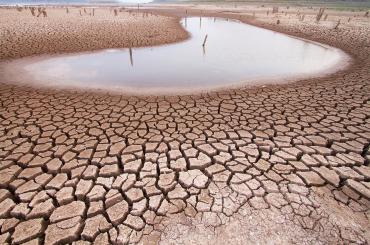
Climate Adaptation
-
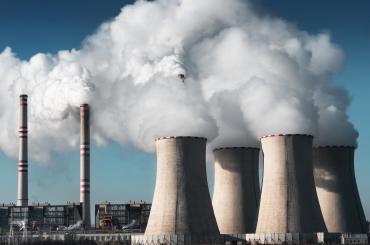
Why Pakistan is locked into overpriced and environmentally damaging power sector contracts
Annual capacity payments to private power producers are six times higher than Pakistan’s annual healthcare budget, yet nearly half of the power capacity remains unused. What explains this phenomenon?
-

Stronger institutions improve environmental quality through specialisation
National air and water quality benefit from strong financial, judicial, and labour market institutions, through comparative advantage. Improving national institutions attracts clean industries but reshuffles dirty production to other countries.
-

Financing climate adaptation: What works, what doesn’t, and can carbon credits help to bridge the gap?
The first episode of Development Dialogues, our new series with Yale's Economic Growth Center, explores how climate finance can reach those who need it most.
-

Information and training helps individuals forecast and adapt to air pollution
Air pollution causes seven million deaths each year. New evidence from Pakistan shows that improving individuals’ ability to forecast air pollution allows them to adapt better.
-
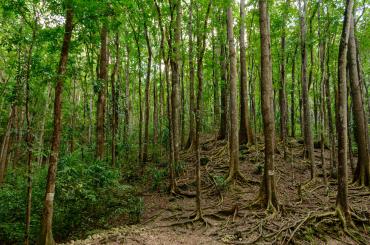
How the Philippines sequestered carbon while reducing poverty and creating jobs
The National Greening Program, a large-scale tree planting programme in the Philippines, not only contributes to carbon sequestration but also promotes poverty reduction and job creation.
-
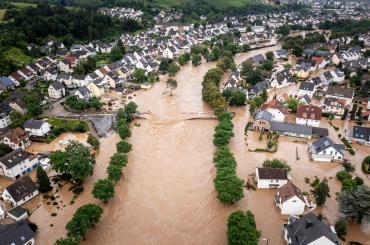
Rapid urbanisation is forcing human settlements into flood zones
Amidst rapid urbanisation and climate change, evidence on urban expansion and flood exposure can help policymakers increase climate resilience in the world’s cities.
-
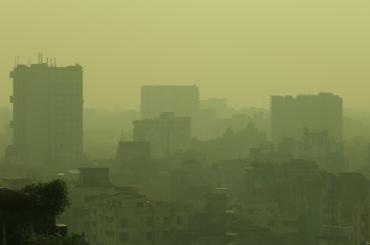
Dual misbeliefs and technology adoption: Evidence from air purifiers in Bangladesh
Households in Bangladesh hold inaccurate beliefs about indoor air pollution and the effectiveness of air purifiers. Correcting both beliefs is necessary to increase the adoption and use of air purifiers.
-
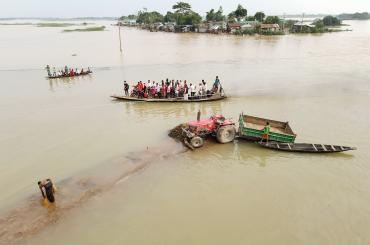
How do floods impact economic development?
Machine learning and satellite data can help capture how households respond and adapt to floods. Providing better quality information can make climate change adaptation more efficient.